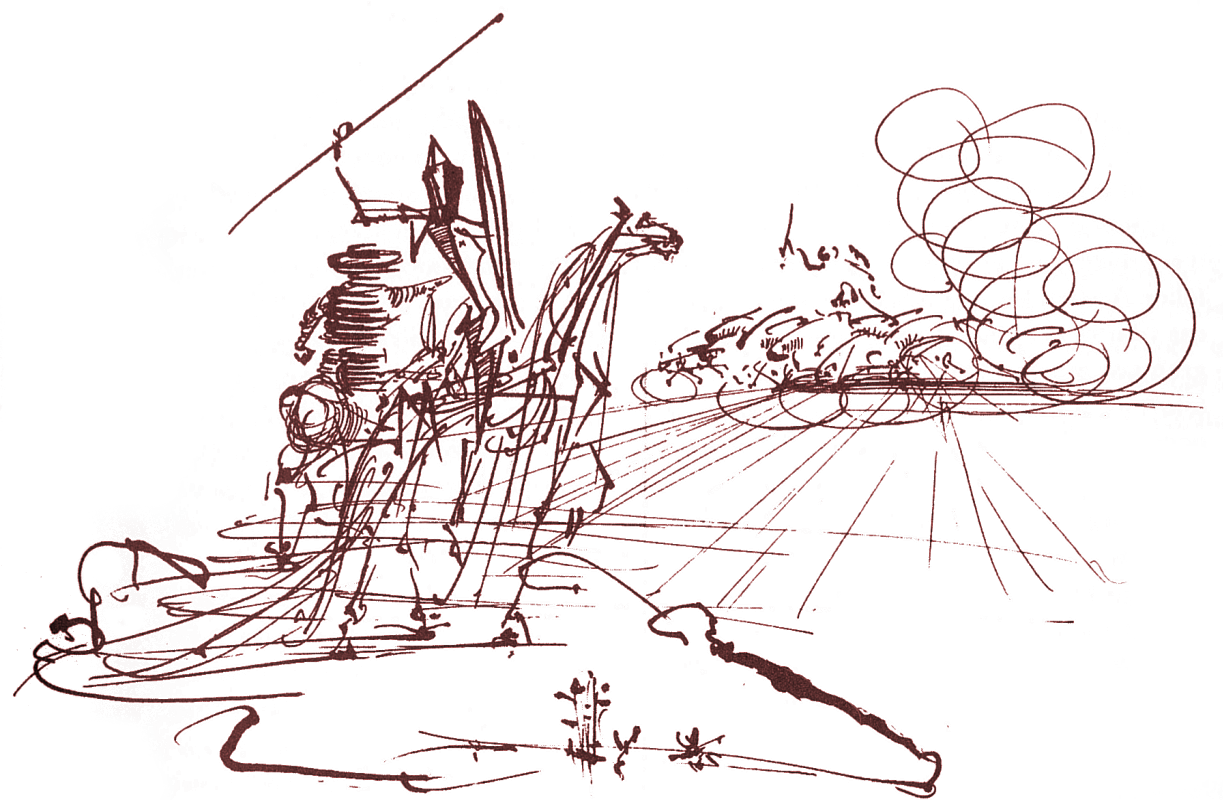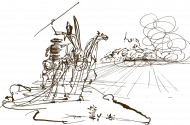Some of you may know that I am recently recovered from a 5-year illness that caused me chronic fatigue. With problems relating to energy levels, it is as though the color has been washed from the world: all things are dimmed. Mornings are a sort of apocalypse, the end of sleep.
Before my digestive illness contracted traveling in Central America, I was ravenously health. Addicted to my own sense of well-being, I glutted myself on health's joy. Entitled, I did not understand why others lacked the energy or will to walk long distances or push through pain.
Being sick, and experiencing limitations, I learned that generosity is in direct proportion to good health. Our ability to donate time to a noble cause, be available to our friends, or put in extra hours at work is the currency of our generosity, the physical tokens of our love.
Prayer, formalized in the Christian tradition, is the measure of psychic good will directed at another person. When I was sick, I spent much of my time praying for the strength to be able to do the things I had to do. I often did not have the energy to pray for others, so focused was I on myself. (Am I so different now? Less narcissistic in prayer? Perhaps not.)
Our ability to care for others comes out of our own store of health. We pour out our health in pursuit of love, but we can only pour out the health we have in our cup, our life and vitality.
This is why true faith works to heal the body as well as the spirit, because the spirit's capacity for love is bounded by the body.
Health can be compared to wealth. Sickness is a form of poverty, or, a limiting of ability, while money represents limitlessness. We are attracted to wealth just as we are attracted to health. Youth is our culture's idol. Do we love the young because of what they might be able to give us in return, their limitlessness?
Part of what attracts me to Christianity is that love is not limited by life, it extends into death. We pour out our lives like Jesus in the pursuit of love and justice. Love gives beyond what physicality can achieve, into the maw of death. Apart from the Jesus metaphor, we can understand this kind of sacrificial love through the trope of the dead war hero, who died for ideals.
Because love can reach past the grave and can motivate the total sacrifice of self, love is not always bounded by health. There is another dimension to it that is, in fact, not bounded by our physicality.
Being chronically ill taught me limits and compassion for the limitations of others, though I am apparently quite recalcitrant, as it took me four years to learn. This surprises me least of all.







